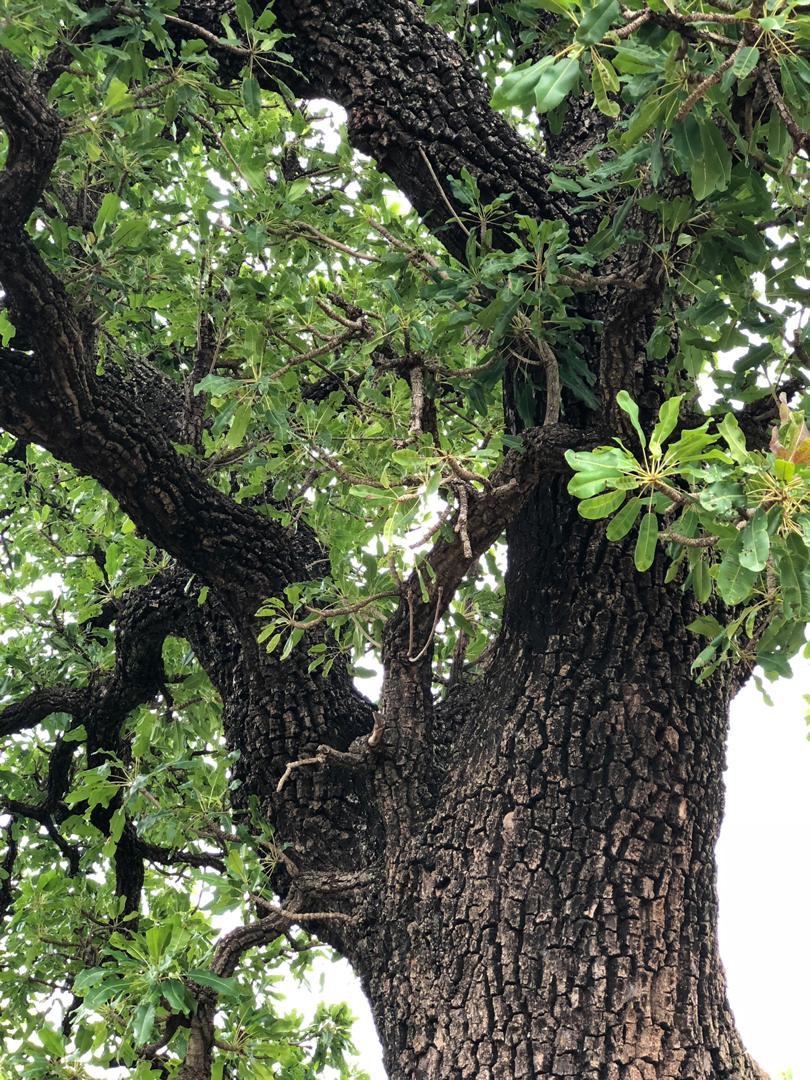Bad harvest of sheanuts rises the price
Shea trees grow in the savannah areas. With climate change the rains are coming less predictable with affects the harvests of the local people.
One of the most worrying issues that I had to face in my recent trip to Ghana was the rising cost of shea production. The price of a sack of shea nuts had risen 60% since August this year.
Unfortunately, as the women in Kongo village are not able to invest in sheanuts when they are the cheapest, the rise in the price of nuts automatically increased the price of butter as well. People were in general blaming the rising prices on the bad harvest this year. However, after talking to different people on the ground I got the impression that the problem is wider in nature.
An estimated 900,000 rural women are involved in the shea sector in northern Ghana. It is called "women's gold" and provides a major source of income for these women. However, many people use shea trees, not for the fruit and nuts but for the wood which is turned into charcoal. The vast majority of all households in Ghana use charcoal for cooking and heating. This is taking its toll on the country’s trees. Some 40 years ago many areas in the north were covered by shea trees but now, due to constant usage and no conscious attempt to replant, the natural resource has been depleted.
Before you can start the shea preparation the bad nuts need to be carefully picked out of the batch.
We had some lengthy discussions with the women on how to solve some of these challenges. First of all, the women would need more capital to be able to invest in the nuts when they are the cheapest. The plan is to get all the buyers as well as NGO Mondo (the Estonian NGO working with the cooperatives) together to arrange prepyments and loans for the women in June-July when it is the harvesting time for the nuts. Alternatively, the women can organise themselves and go picking the nuts themselves. The nuts are free for anyone to pick in the forest areas to the north of the village. The questions are only where to get transport and where to stay while picking. Fortunately, there is enough space in the shea compound for storing nuts in large quantities.
To solve the bigger problem of depleting forest reserves the women have already taken some steps. This year they started planting trees in their own community. There are also plans to start a tree nursery to encourage further planting of shea trees. It takes some 20 years before they start bearing fruit, but the work is definitely beneficial for the future of the community and shea production. And the women can get additional income from selling the seedlings. One necessary improvement would also be using gas instead of wood or charcoal when boiling the shea oil. So investment in gas cookers will be on the list.
Things do not change overnight but with common efforts much is possible! :-)
The women's cooperative has already started to help their environment by planting trees. The next step could be having their own tree nursery to help that cause.



